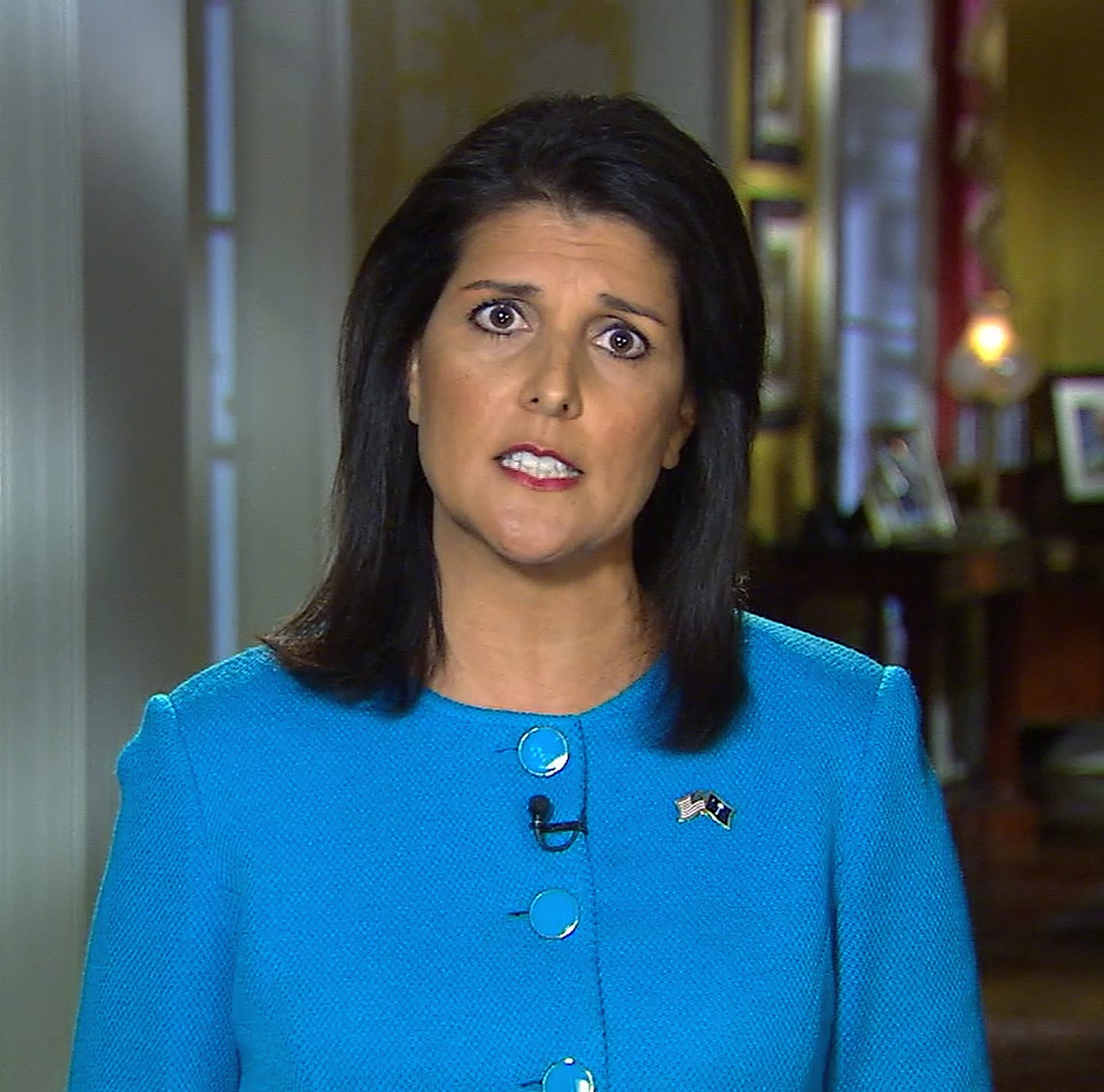Tomorrow US time in Iowa, Republican Party delegates gather for the primary caucuses, and all eyes are on former Governor of South Carolina, and UN Ambassador, Nikki Haley, who emerges as a key figure in the race.
The caucuses are pivotal, with the winner potentially steering the future course of the U.S.
While polls show Trump leading the Republican field, Haley's candidacy brings a different dynamic.
As the potential first female president, she carries significant symbolic weight. However, her popularity varies within the party, facing scepticism from some Republican voters while drawing support from establishment figures and defence sectors.
Haley's hawkish foreign policy stances, particularly her aggressive positions as UN Ambassador on North Korea, Iran, and Russia, raise questions about global stability under her leadership.
Foreign policy expert Dr. Laura Jenkins cautions Haley's confrontational rhetoric could have serious international repercussions.
Domestically, Haley's policies on voter ID laws, immigration, and economic issues generate debate.
Civil rights activist Maria Gonzalez expressed concern Haley's positions could erode civil liberties and democratic processes.
Meanwhile, economic analysts scrutinise her pro-business approach, debating its implications for workers' rights and environmental protections.
Haley's candidacy highlights deep political divisions in the U.S, and her stances on hot-button issues like abortion, gun rights, and healthcare are likely to polarise voters further.
Political commentator Sarah Lee emphasises the need for unity, suggesting Haley's policies could deepen societal rifts.
Globally, Haley's scepticism of multilateral institutions poses the risk of further isolating the U.S. on the world stage.
This isolationist approach could diminish America's ability to address global challenges such as climate change, terrorism, and pandemics.
Haley's foreign and domestic policy positions, along with her alignment with the establishment, present a complex picture of her potential presidency.
Presidential Historian Michael Davidson states the importance of balancing firmness and flexibility, qualities essential for effective leadership – qualities Hayley obviously lacks.
As the 2024 election approaches, Haley's candidacy becomes a referendum on her vision for America and a critical moment for the country's direction.
Her campaign underscores the need for thoughtful, informed decision-making by voters, amidst the challenges and divisions facing the nation.
Haley's run for the presidency is a significant development in American politics.
It represents not only the potential for a historic first but also raises crucial questions about the future direction of the country, both domestically and internationally.
As the primaries unfold, Haley’s candidacy undoubtedly continues to be a focal point of public and political discussion.
Haley is not Presidential material.





She is not, she is side show.